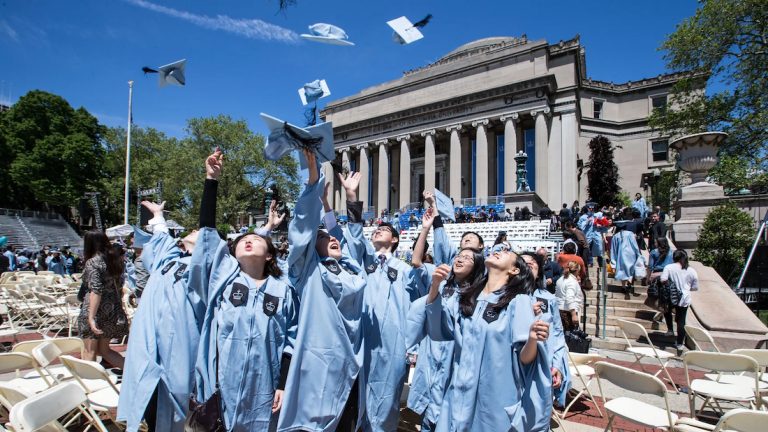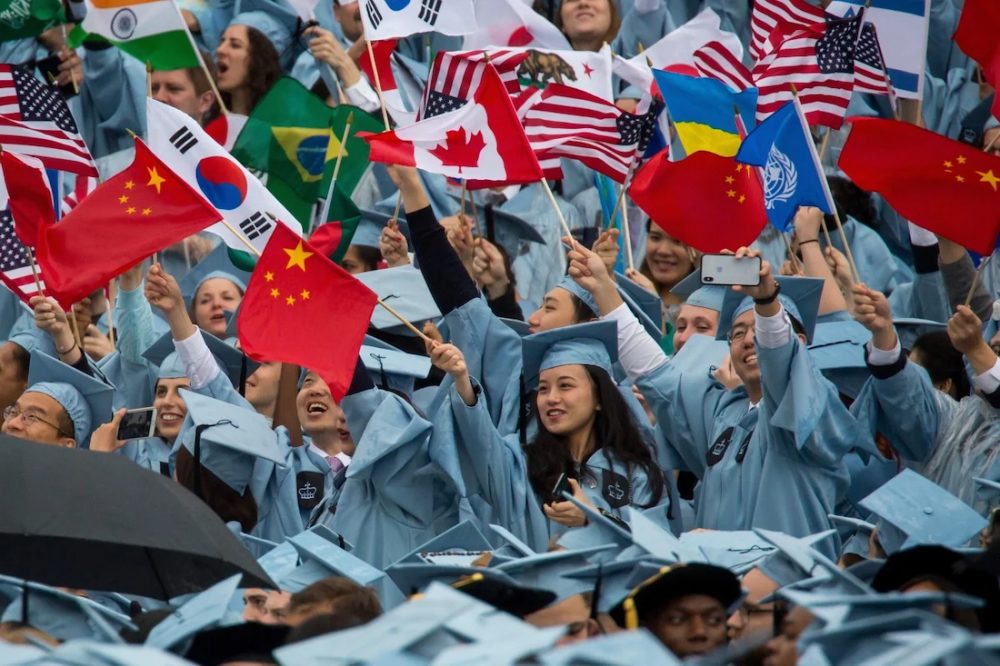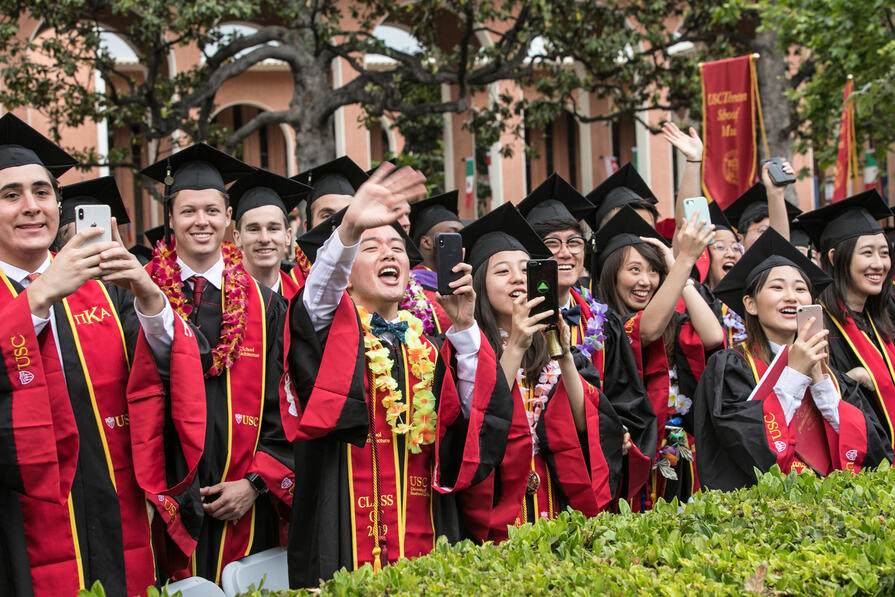
China Calls on U.S. to End “Discriminatory” Policies Targeting Chinese Students;
290,000 Chinese enrolled in U.S. institutions – nearly 25% of international scholars
Beijing — The Chinese government has called on U.S. authorities to stop targeting Chinese students with “discriminatory and restrictive measures” after a U.S. congressman demanded six universities disclose details about their Chinese scholars, citing national security concerns. The appeal, issued Thursday by Foreign Ministry spokesperson Mao Ning, underscores growing friction over educational exchanges amid strained bilateral relations.

Background of the Dispute
The controversy follows reports that a U.S. House representative, whose name was not specified in Chinese state media, sent letters to six American universities earlier this month requesting information on Chinese students and researchers.
The lawmaker allegedly raised concerns about potential intellectual property theft and unauthorized technology transfers, reflecting longstanding U.S. anxieties about Chinese espionage. While the institutions involved remain unnamed, the move aligns with recent U.S. efforts to tighten oversight on academic collaborations with China, particularly in STEM fields.

China’s Response: stigmatizing students, undermining decades of cooperation
At a routine press briefing, Mao Ning condemned the inquiry as an abuse of national security rhetoric, warning that such actions risk stigmatizing Chinese students and undermining decades of educational cooperation.
“We urge the U.S. side to cease overstretching the concept of national security,” she stated, emphasizing that Chinese students’ contributions to American innovation and campus diversity should not be overshadowed by “groundless suspicions.”
Mao highlighted that approximately 290,000 Chinese students enrolled in U.S. institutions in 2023, constituting nearly 25% of all international scholars—a demographic critical to sustaining tuition revenues amid declining domestic enrollment.
“These students are not security threats,” she asserted. “They are bridges fostering mutual understanding and drivers of scientific progress.”
Economic Stakes: Chinese students contribute $11 billion annually to U.S.
Chinese students contribute an estimated $11.5 billion annually to the U.S. economy through tuition and living expenses, according to the Institute of International Education. Universities, particularly those reliant on international tuition fees, have repeatedly opposed blanket restrictions, arguing they harm academic freedom and institutional competitiveness.
Mao echoed these sentiments, noting that Sino-American educational partnerships have historically propelled advancements in technology, medicine, and engineering. “Cooperation benefits both nations,” she said, pointing to collaborative research on climate change and public health as evidence of shared gains.

Broader Geopolitical Tensions
The dispute occurs against a backdrop of escalating U.S.-China rivalry, with Washington increasingly framing Beijing as a strategic competitor.
Under the Biden administration, the U.S. has maintained Trump-era policies restricting visas for students linked to Chinese military-affiliated universities, while Congress debates further measures to limit technology leaks.
China, meanwhile, has accused the U.S. of “paranoia” and hypocrisy, noting that thousands of American students study in China without similar scrutiny. Analysts suggest the latest clash could further deter Chinese scholars from choosing U.S. institutions, potentially redirecting talent to competitors like Canada, Australia, or Europe.
Calls for Dialogue
Mao urged Washington to “approach educational exchanges objectively and fairly,” stressing that fostering cross-cultural ties aligns with global demands for collaboration on transnational challenges. However, U.S. officials have yet to publicly respond to China’s remarks.
Looking Ahead
The outcome of this dispute may hinge on whether U.S. universities comply with the congressional requests—and how lawmakers utilize the data. While some institutions may resist to protect student privacy, others could face political pressure to demonstrate compliance with security protocols.
For now, Chinese state media has framed the issue as a test of America’s commitment to open academia. As Mao concluded: “Discrimination erodes trust. Cooperation is the only path forward.”
Implications for Bilateral Relations
“Educational exchanges have long been a stabilizing force in U.S.-China relations, but their politicization risks severing a vital people-to-people bond,” state Jim Luce of the J. Luce Foundation of Luce Family Charities.
“As debates over national security versus academic freedom intensify, the world is watching to see whether these two powers can reconcile competing priorities—or if international higher education becomes another sad casualty of President Trump‘s deepening Cold War-style divide,” he adds
Chinese Officials Urge U.S. Universities to Protect Student Rights (March 21, 2025)
#USChinaEducationTensions #ProtectChineseStudents #AcademicCooperation #XinhuaReport #USNationalSecurity
Tags: Xinhua News Agency, U.S.-China Relations, International Education, National Security, Chinese Students Abroad, Academic Discrimination, Higher Education Policy